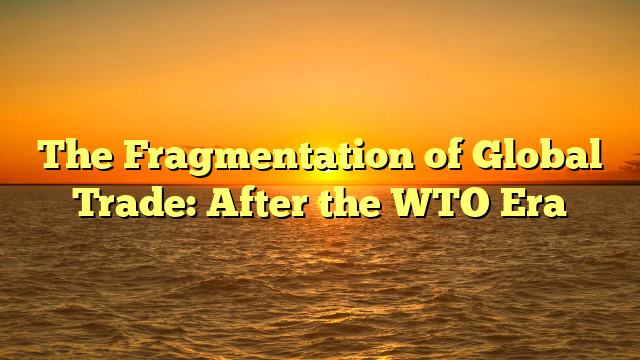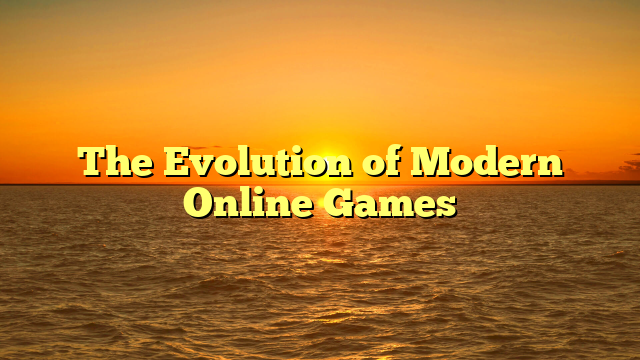For nearly three decades, the World Trade Organization (WTO) served as the cornerstone of global economic cooperation. But as protectionism naga169 rises and trade blocs proliferate, the post-WTO order appears increasingly fragmented.
The collapse of consensus on free trade began with the U.S.–China tariff war in 2018, and since then, nations have increasingly turned inward. The COVID-19 pandemic exposed the vulnerabilities of global supply chains, while the war in Ukraine triggered energy and food shocks that pushed countries to prioritize national security over open markets.
Today, mega-regional agreements such as the Regional Comprehensive Economic Partnership (RCEP) in Asia and the US-led Indo-Pacific Economic Framework (IPEF) compete for influence. Meanwhile, the European Union is tightening its trade policies through carbon tariffs and digital regulations, effectively setting its own global standards.
Developing countries, once advocates of multilateralism, now hedge between rival systems. “The era of one global trade rulebook is over,” says trade economist Richard Baldwin. “We’re entering a world of overlapping, often conflicting, economic clubs.”
The WTO’s dispute settlement system has been paralyzed since 2019, after the U.S. blocked judicial appointments. Without arbitration, trade conflicts increasingly spill into politics.
As globalization becomes more regionalized, experts warn of a two-tiered economy — one dominated by advanced economies with high environmental and digital standards, and another composed of developing nations left at the margins.
Whether this fragmentation leads to resilience or instability may define the next phase of global capitalism.


